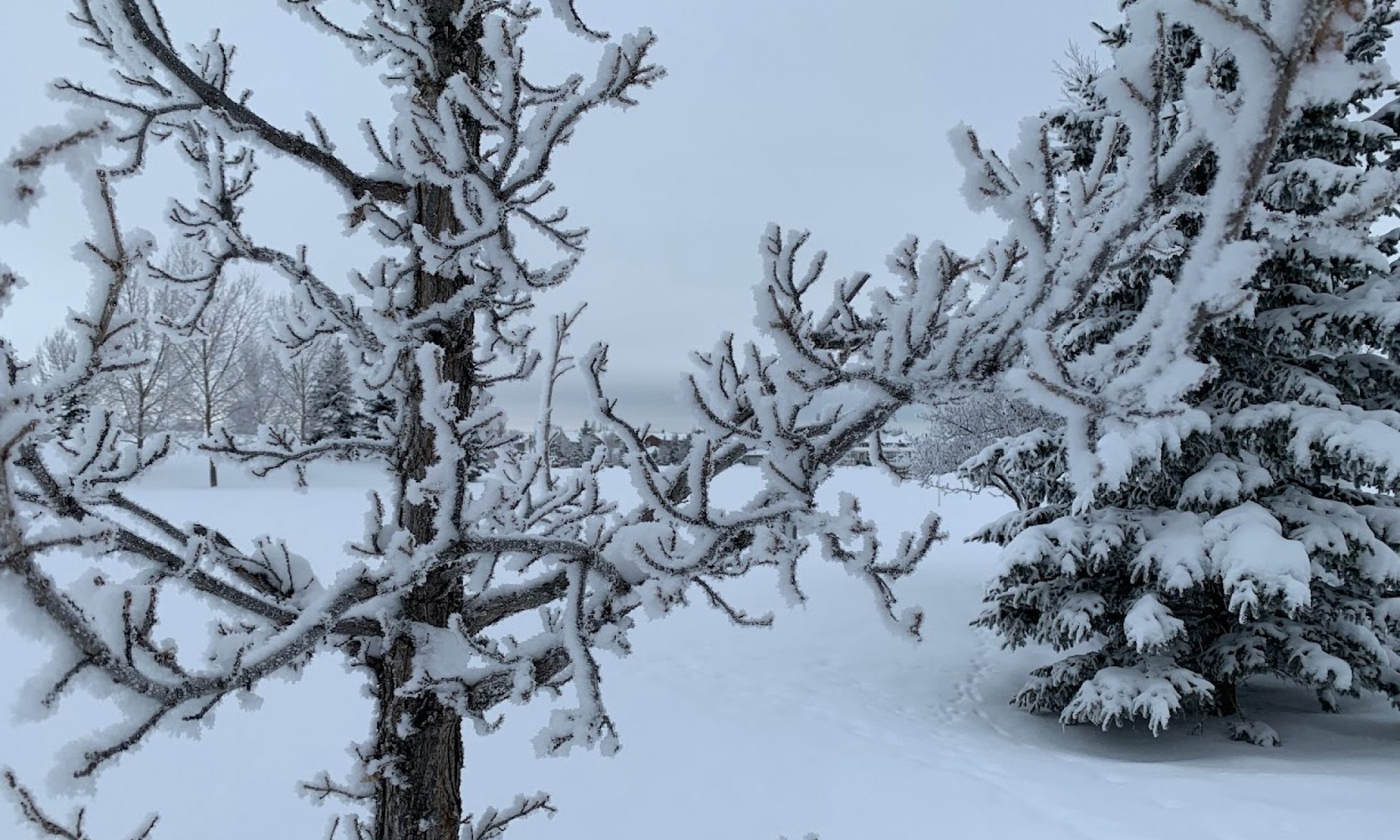Our recent camping trip north of the city opened the door for a few good opportunities to toss a line into the lake. I brought along my new fishing rod, rigged it up for the ready, and leaned it against an out of the way tree in case the mood or moment struck.

Our campsite was a sixty-second walk to the shoreline, and on a good choice of visit I often found empty a small wooden dock protruded five meters out into the murky lake water.
On a less-good choice of visit I found the dock occupied and myself instead needing to trudge through the spongy layer of grasses and mosses growing from the loamy sand to find a spot clear enough to edge up to the waterside to be able to cast out without tangling my line in the vegetation.
Conversation Starter
It also turns out that a fishing rod is something of a lakeside invitation to chat.
Strolling to the shore, invariably someone would comment on the potential for a catch. “How’s it looking?” someone would call out. “It might be a little hot for them out there right now.” Someone else would add, noting the 30C heat still lingering from the day.
And “Any luck?” not just someone but everyone would ask as I strolled back to camp empty-handed after an hour of tossing my lure into the water.
As it turns out the most inviting pose a guy can take (by far) when visiting the lake is to sit by oneself at the end of a narrow dock, dangling one’s feet over the end, holding a fishing rod with a line threading outward into the water. This must project some magnetic signal to other campers inviting them to wander up, sit down and chat.
I found myself playing host to all manner of random characters telling me their tales as I sat holding court with my fishing rod patiently dangling outwards.
Catchless?
At the end maybe the weather was too hot or I was too impatient or perhaps my small collection of lures was not in agreement with the fish swimming through the murky lake water that weekend.
I didn’t catch so much more than a few clumps of weedy grass.
I did however catch a moment of peace, and a few curious stories.





